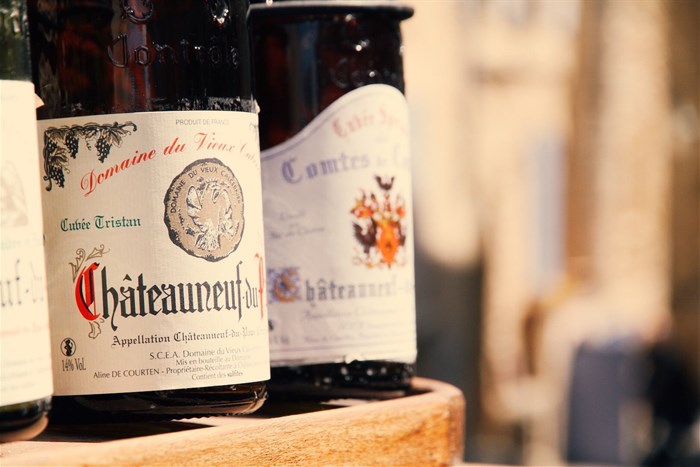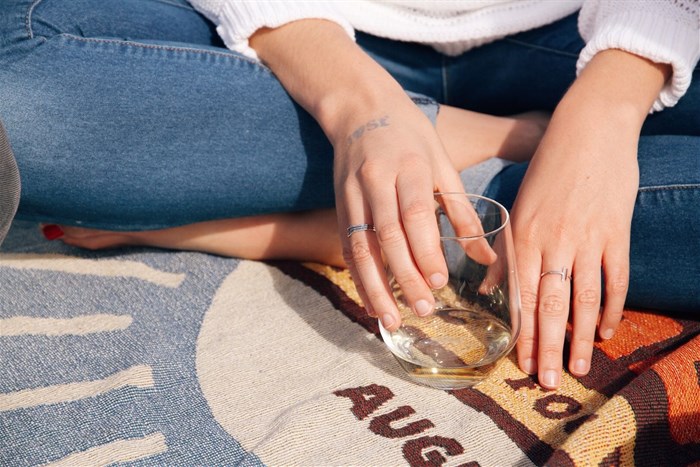#BizTrends2019: Glou Glou's top 3 South African wine trends
Internationally speaking, South African wine is in the midst of a renaissance - one that is long overdue. Following the lifting of sanctions in the early ‘90s, the SA wine industry has experienced a chasm between the quantity-producing majority and the quality-conscious minority. Yet, due to an unusual blend of circumstances, the global market is finally waking up to a new wave of SA wine appreciation and things are changing - in a way we haven’t quite seen before.

A move towards financial sustainability
There is no denying that the Cape’s drought has left its mark on our scorched earth. Industry body Vinpro has released statistics indicating that South Africa’s grape yields were down 15% in 2018 from the previous year, a loss of 170 million litres, which has had a significant impact on industry profitability. Vinpro managing director Rico Basson has stated that more than a third of wine producers are operating at a loss, with producer numbers shrinking due to our wines continuing to be sold at prices that are not sustainable.
As a knock-on effect, we are witnessing a trend of large-scale uprooting of vines to make way for more profitable fruit crops. At Cape Wine 2018, DGB released a video titled An Inconvenient Truth - The South African Wine Industry, that demonstrates how SA wine prices fall staggeringly short of international counterparts.
World-renowned wine writer and critic Tim Atkin MW, who is arguably one of, if not the top independent expert on SA wine, wrote in his 2018 South Africa Special Report that South African wines are dramatically undervalued to the extent that, in his own words, “if you use 90+ scores as a measure of quality, then South Africa has the cheapest fine wine sector in the world.”
Many argue that the drought has given the industry an opportunity to reverse this trend, and that ultimately the answer lies in wine farms banding together to advocate for the value of our wines. Only time will tell, but this sort of attitude will most likely play a pivotal role in moving towards financial sustainability within the coming decade.
Premiumisation and cult wines
A positive wine trend is that South African wine buyers and drinkers are becoming more sophisticated in their tastes and purchasing habits, and are willing to pay for quality. Daléne Fourie of Port2Port, the fine wine marketplace, explains that their online sales have seen an increased interest in premium and more obscure brands.

“People are making more informed purchase decisions. This also accounts for a growing interest in smaller, cult brands establishing themselves in the market and garnering a dedicated following,” she explains.
Wine drinkers are drawn to cues such as exclusivity, storytelling, and awards. Nowhere was this more evident than in 2018 than with Kanonkop’s Paul Sauer 2015, which after being awarded South Africa’s first 100-point score by Tim Atkin, sold out within a few days: an unprecedented occurrence on South African soil.
All eyes on Chenin
Thanks to our nation’s enthusiasm for brandy, Chenin is South Africa’s most widely planted variety (18.5% of the national vineyard area) and makes up the majority of old vine plantings. You wouldn't be amiss to call this our national white grape variety.
Leanne Beattie, marketing manager at CyberCellar explains that the leading South African online retailer has seen a sharp rise amongst the ranks when it comes to Chenin Blanc. “It is now in the top three! We predict it will get even stronger, along with other single cultivar wines like Chardonnay.”

This is echoed by Bubbles Hyland of Morvino Wine Merchants, distributing primarily to the South African on-trade. “While Sauvignon Blanc will forever be flowing out of our bars and restaurants, Chenin Blanc and white blends finally seem to be catching up. It is truly what South Africa does best.”
While the imminent future of the SA wine industry has never been more uncertain, there has simultaneously never been more optimism and appreciation for our wines both at home and on the global stage. It is now up to us as an industry to work closer together in 2019 and beyond to build a future that is both sippable and sustainable.






























